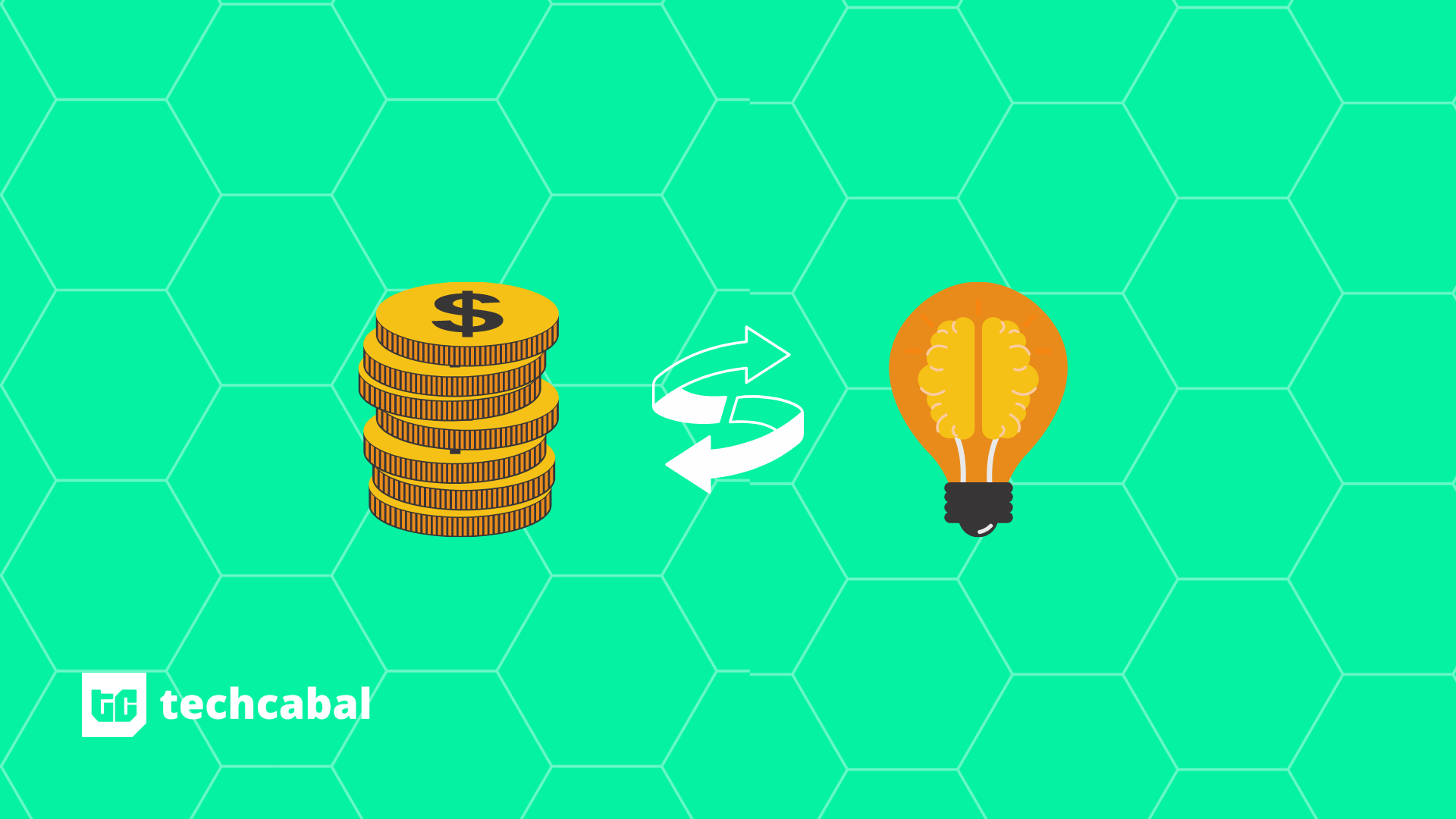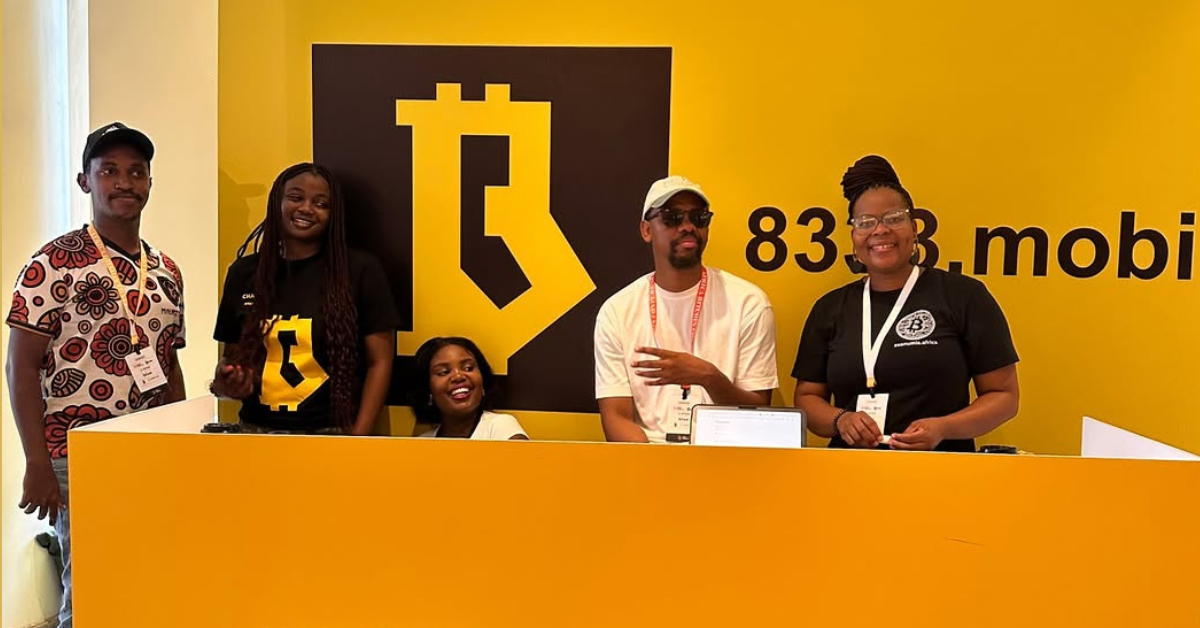The Nigerian government has signed a 3-year intellectual property rights (IPR) agreement with Developing Africa Group (DAG) to create a marketplace where Nigerians can sell their intellectual property rights and receive royalties.
The platform will allow Nigerian creators commercialise registered intellectual property rights, and enable them to sell or exchange those rights internationally.
Globally, the intellectual property rights market is worth $8.2 billion and is set to reach $16.1 billion by 2026 with the advent of cloud-based solutions. Nigeria’s deal with DAG is one such cloud-based IP solution.
According to the agreement, the partnership will also see the launch of a nationwide wallet where Nigerians can collect royalties or payments—in form of digital tokens or cryptocurrencies—on any intellectual property rights they upload on the platform.
The Developing Africa Group (DAG), a UK-based IPR commercialisation group, has also announced that it will build the crypto-based platform on the Algorand Blockchain; while the tokenisation technology—which includes the wallet and a stable coin-pegged token—will be handled by Koibanx, an Argentina-based software company. Both Koibanx and Algorand have been involved in several similar crypto-based projects in Latin America including a national blockchain-based citizens ID and information programme in Colombia, and El Salvador’s National Registration platform.
Intellectual property in Nigeria
Intellectual property rights (IPR) are the exclusive rights creators have over their works. Under IP laws, creators have the right to sell (assign) their work or permit others (license) to use or re-create their work. Intellectual Property also includes the rights of production, stocking, reproduction, adaptation, translation, and performance. They include the rights to sell (assign) their work or permit others (license) to use their works. They also include the rights of production, stocking, reproduction, adaptation, translation, and performance.
In Nigeria, intellectual property is divided into copyright, patents, trademarks and industrial designs, all governed by 4 different Acts. The country’s Copyright Act governs the intellectual property rights of literary, artistic, musical works, broadcasting, recorded, and cinematographic works. Its Patent and Designs Act metes out laws guiding inventions, and industrial designs such as product designs. Its Trade Marks Act, and Merchandise Mark Act oversee the registration and regulation of trademarks like logos.
Just like you have the freedom of movement or the freedom to post freely on social media, creators—photographers, writers, painters, designers, and even scientists—also have the rights to sell or rent out whatever unique things they create, subject to a few conditions.
This partnership between the Nigerian government and DAG will help Nigerian creators to benefit from their inventions and creators.
Nigeria’s history with cryptocurrency
The deal brings into question Nigeria’s shaky history with cryptocurrency.
Its implementation will see crypto used in at least 2 ways: the building of the platform and wallet which will be on a blockchain network, and the use of a digital token—which will be pegged to the naira. It’s also possible that the deal could drive the usage of the CBN-backed e-naira.
These plans conflict with Nigeria’s stance on crypto. In February 2021, the Central Bank of Nigeria (CBN) restricted all commercial banks and crypto exchange platforms from crypto trading and has subsequently sanctioned erring platforms.
It subsequently launched its central bank digital currency (CBDC) months later with over 35,000 transactions recorded since its launch.
More recently, in May 2022, the country’s Securities and Exchange Commission (SEC) published new rules regulating the issuance, offering platforms, and custody of digital assets A.K.A cryptocurrencies which some experts say fails to address problems facing Nigeria’s crypto industry.
Commercialised IP rights for everyday Nigerians
For Nigeria’s blooming creator economy, the partnership means more visibility and income.
A platform like this would allow anyone who identifies as a digital creator to sell their intellectual properties. Celebrities like Osita Iheme could sell rights to soundbites; photographers like Fati Abubakar could list rights to their photos, and even software engineers and product designers can sell rights to unique processes or designs (including logos) that are registered under Nigeria’s patent law. The Nigerian film industry—Nollywood—could also raise funds by selling some of its features.
When the deal comes to fruition, Nigeria’s Copyright Commission (NCC) should see a rise in registration from Nigerians looking to make money selling their IP rights.
If you enjoyed this article, please share it with your networks on WhatsApp, Twitter, Telegram, Facebook, and LinkedIn




















